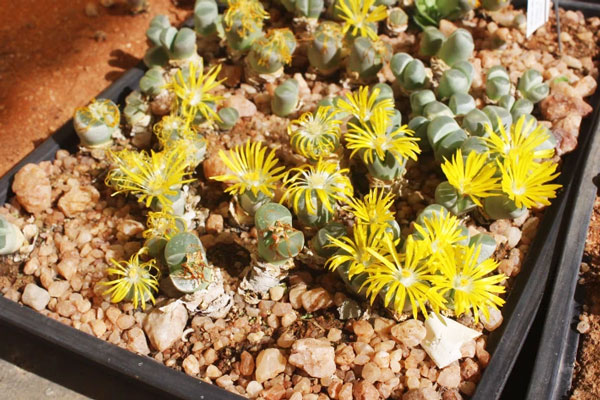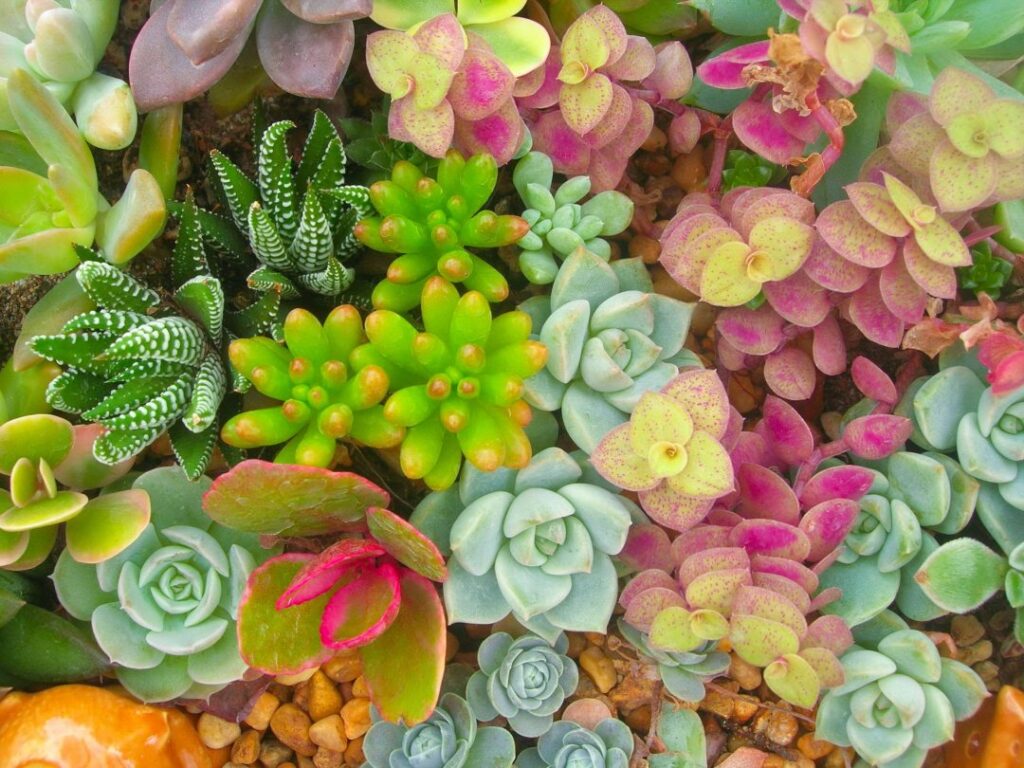South Africa – A biodiversity hotspot in South Africa has become the epicenter of an illegal trade in protected succulent plant species, driven by organized crime groups capitalizing on international demand. The Succulent Karoo desert, which spans South Africa and Namibia, is home to many unique succulent varieties that are highly sought after by collectors worldwide.

Local farmers and conservationists have voiced their concerns about the rampant poaching that threatens these indigenous plants. “They’ve not just stolen our land or our plants, they’ve stolen our heritage as well,” lamented a livestock farmer from the region, highlighting the social and ecological crises stemming from this illegal activity.

The poaching of succulents has escalated dramatically, with reports indicating that between 2019 and 2024, South African law enforcement seized approximately 1.6 million illegally harvested succulents. This figure only represents the contraband detected, suggesting that the actual number of plants being poached is likely much higher.

Pieter van Wyk, a nursery curator at the /Ai /Ais-Richtersveld Transfrontier Park, warned that several succulent species have already been wiped out due to poaching, with more at risk of extinction. The local government has acknowledged the issue and unveiled strategies to combat poaching, including community education programs aimed at raising awareness about environmental protection.
As the demand for these unique plants continues to grow globally, experts like Van Wyk advocate for promoting the legal cultivation of succulents to reduce poaching pressures. The crisis underscores the urgent need for enhanced conservation efforts and stricter enforcement of laws protecting South Africa’s rich biodiversity.
























